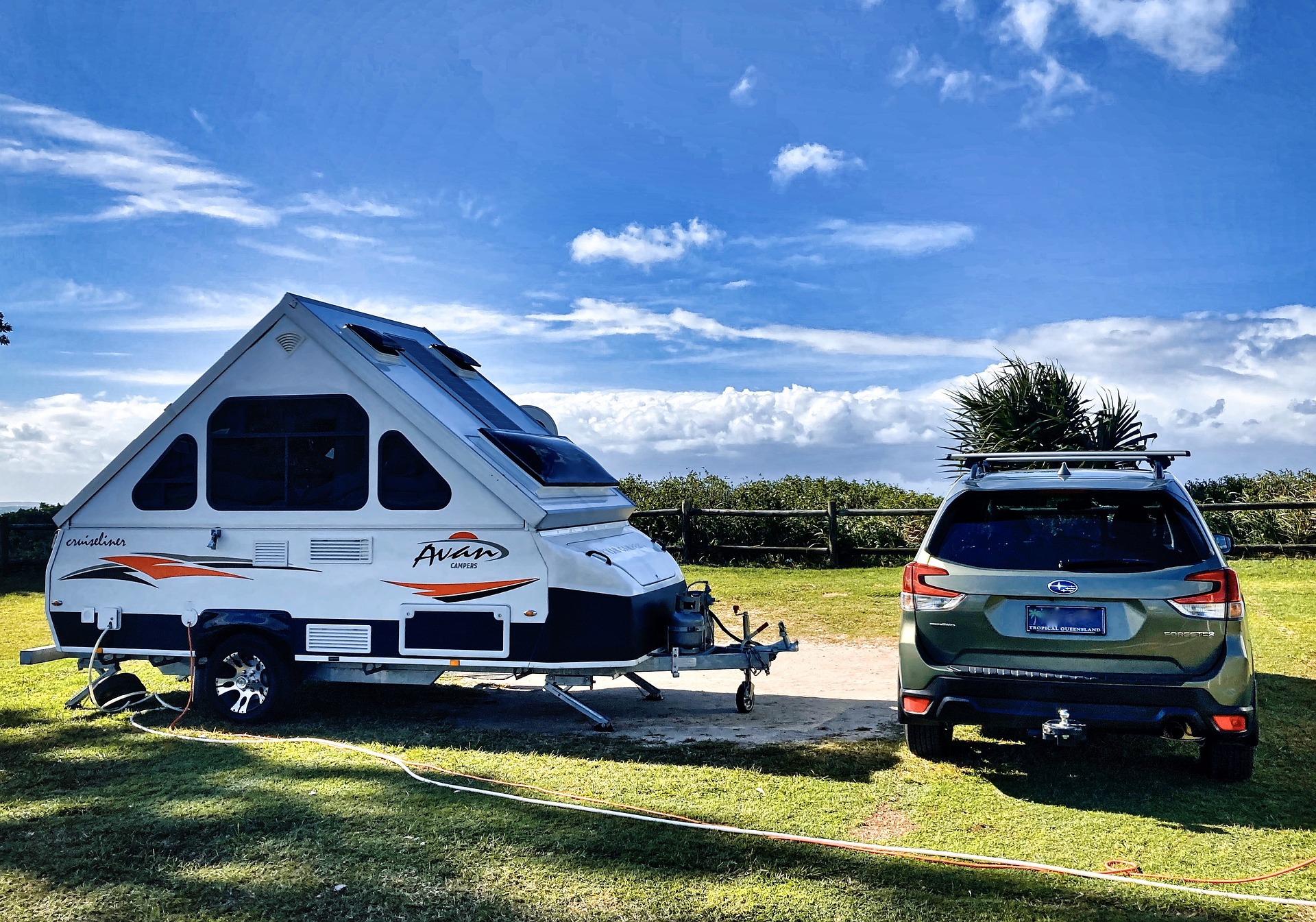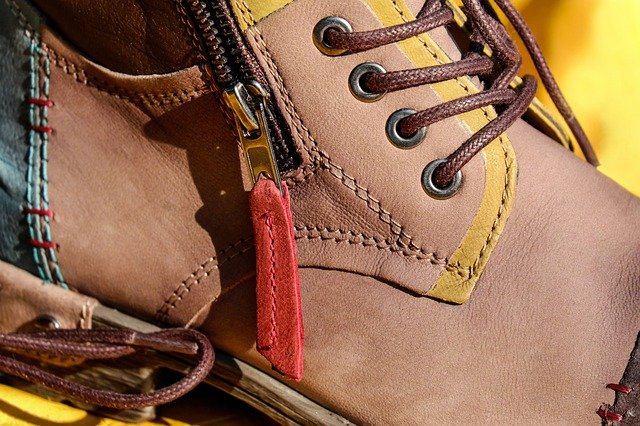How to Buy a Used Small RV Travel Trailer: Practical Guide and Checklist
Purchasing a used small RV travel trailer opens up affordable opportunities for road adventures and outdoor exploration. However, the process requires careful planning, thorough inspection, and informed decision-making to avoid costly mistakes. This guide walks you through every essential step, from understanding the benefits and trade-offs of compact trailers to budgeting accurately, inspecting structural integrity, finding reliable listings, and finalizing your purchase with confidence. Whether you are a first-time buyer or upgrading your current setup, these practical insights will help you navigate the market and secure a dependable travel companion.

Buying a used small RV travel trailer can be an exciting and cost-effective way to embrace mobile living and outdoor recreation. Compact trailers offer flexibility, lower towing requirements, and easier storage compared to larger models. Yet, the used market comes with its own set of challenges, including hidden damage, unclear maintenance history, and varying price points. By following a structured approach, you can identify a quality unit that fits your needs and budget while avoiding common pitfalls.
Why choose a small used travel trailer: pros and trade-offs
Small travel trailers, typically ranging from 10 to 20 feet in length, provide numerous advantages for buyers seeking affordability and maneuverability. Their compact size means they can be towed by a wider range of vehicles, including mid-size SUVs and some sedans, reducing the need for a heavy-duty truck. Fuel efficiency improves with lighter loads, and parking or storing a smaller trailer is far simpler than managing a full-size RV.
However, trade-offs exist. Limited interior space means fewer sleeping areas, smaller kitchens, and less storage. Amenities such as full bathrooms or slide-outs may be absent or minimal. For solo travelers or couples, these constraints are manageable, but families or those planning extended trips may find the space restrictive. Additionally, older used models may lack modern insulation, updated appliances, or advanced safety features, requiring upgrades or repairs.
Weighing these factors against your travel style, towing capacity, and comfort expectations will help you determine whether a small used trailer aligns with your goals.
Set your budget: purchase price, towing and ongoing costs
Establishing a realistic budget is critical when buying a used travel trailer. Purchase prices vary widely based on age, condition, brand, and features. Older models in fair condition may start around 3,000 to 8,000 dollars, while well-maintained units with modern amenities can range from 10,000 to 20,000 dollars or more. Researching comparable listings in your region provides a baseline for negotiation.
Beyond the sticker price, factor in towing costs. Ensure your vehicle has adequate towing capacity, and budget for hitch installation, brake controllers, and wiring harnesses if not already equipped. Fuel consumption increases when towing, so calculate estimated travel expenses based on your planned routes.
Ongoing costs include insurance, registration, maintenance, and campground fees. Insurance for a used trailer typically costs between 200 and 600 dollars annually, depending on coverage and value. Regular maintenance, such as tire replacement, roof sealing, and appliance servicing, should be anticipated. Setting aside a contingency fund of 1,000 to 2,000 dollars for unexpected repairs is prudent, especially with older units.
| Expense Category | Estimated Cost Range |
|---|---|
| Purchase Price | 3,000 - 20,000 dollars |
| Hitch & Towing Equipment | 200 - 800 dollars |
| Annual Insurance | 200 - 600 dollars |
| Maintenance & Repairs | 500 - 2,000 dollars/year |
| Registration & Fees | 50 - 300 dollars/year |
Prices, rates, or cost estimates mentioned in this article are based on the latest available information but may change over time. Independent research is advised before making financial decisions.
Inspecting condition: structural, systems, and safety checks
Thorough inspection is non-negotiable when evaluating a used travel trailer. Start with the exterior: examine the roof for cracks, soft spots, or signs of water intrusion. Check seams, windows, and doors for proper sealing. Inspect the frame and undercarriage for rust, corrosion, or structural damage. Tires should have adequate tread and no sidewall cracking; verify the age using the DOT code, as tires older than six years may need replacement regardless of appearance.
Inside, test all systems. Run the water pump, check for leaks under sinks and around the toilet, and inspect the water heater. Turn on the furnace and air conditioning if equipped, ensuring they operate correctly. Test the electrical system by plugging into shore power and checking outlets, lights, and the refrigerator. Look for signs of water damage on walls, ceilings, and floors, such as discoloration, soft spots, or mold.
Safety features are equally important. Verify that smoke detectors, carbon monoxide detectors, and fire extinguishers are present and functional. Inspect the brakes and breakaway system if the trailer is equipped with electric brakes. If possible, arrange for a professional RV inspection, which typically costs 200 to 500 dollars but can uncover hidden issues that save thousands in future repairs.
Where to find listings and how to compare options
Used travel trailers are available through multiple channels, each with distinct advantages. Online marketplaces such as RV Trader, Craigslist, and Facebook Marketplace offer extensive listings with detailed photos and descriptions. Dealerships provide certified pre-owned options, often with limited warranties and financing, though prices may be higher. Private sellers can offer better deals but require more diligence in verification and negotiation.
When comparing options, create a checklist that includes year, make, model, length, weight, condition, asking price, and included features. Cross-reference asking prices with market values using resources like NADA Guides or Kelley Blue Book for RVs. Pay attention to how long a listing has been active; units sitting unsold for weeks may indicate overpricing or undisclosed issues, presenting negotiation opportunities.
Visit multiple units in person whenever possible. Photos can hide flaws, and firsthand inspection reveals the true condition. Bring a checklist, take notes, and do not rush the process. Patience and thorough comparison increase the likelihood of finding a reliable trailer at a fair price.
Closing the deal: negotiation, paperwork and aftercare checklist
Once you identify a suitable trailer, negotiation begins. Use your inspection findings and market research to justify your offer. Point out needed repairs or maintenance as leverage for a lower price. Be prepared to walk away if the seller is inflexible or if red flags emerge during discussions.
Paperwork must be handled carefully. Verify the title is clear, with no liens or legal issues. Ensure the VIN on the title matches the trailer. Complete a bill of sale that includes the purchase price, date, and both parties’ information. Register the trailer with your local Department of Motor Vehicles and obtain insurance before towing it home.
After purchase, conduct a thorough cleaning and perform any deferred maintenance. Inspect and lubricate the hitch and bearings, check tire pressure, and test all systems again. Stock the trailer with essential supplies, including leveling blocks, wheel chocks, and a toolkit. Familiarize yourself with the owner’s manual and practice setting up and towing in a safe, open area before embarking on longer trips.
Creating an aftercare checklist ensures your trailer remains in good condition. Schedule regular inspections of the roof, seals, and undercarriage. Winterize the plumbing system if you live in a cold climate, and cover the trailer when not in use to protect it from the elements. Consistent maintenance extends the lifespan of your investment and enhances safety and enjoyment on the road.
Buying a used small RV travel trailer is a rewarding endeavor when approached with preparation and attention to detail. By understanding the benefits and limitations, budgeting comprehensively, inspecting thoroughly, comparing options strategically, and finalizing the purchase with care, you position yourself for countless memorable adventures. Take your time, trust your research, and enjoy the freedom that comes with owning your own travel trailer.




